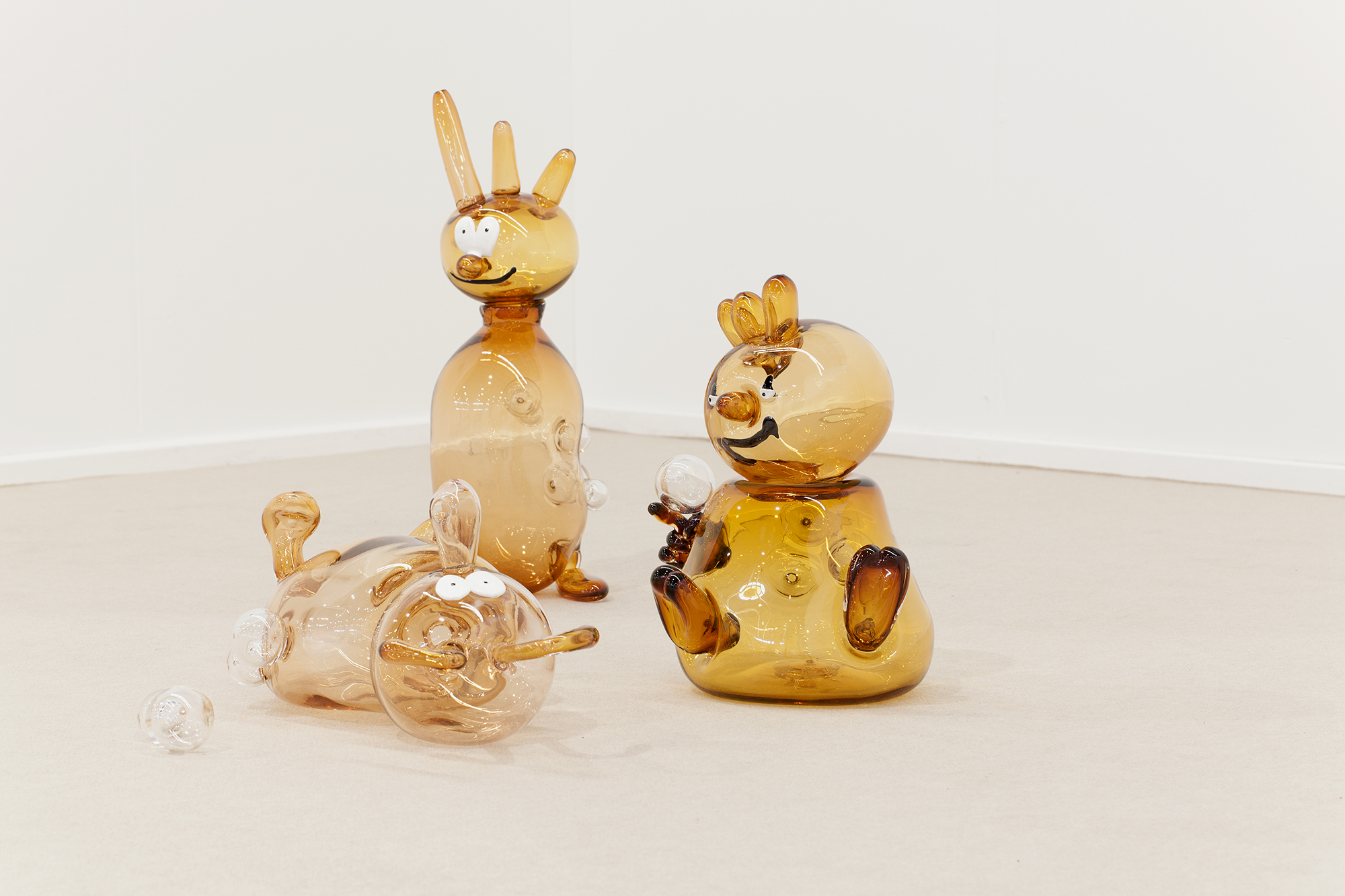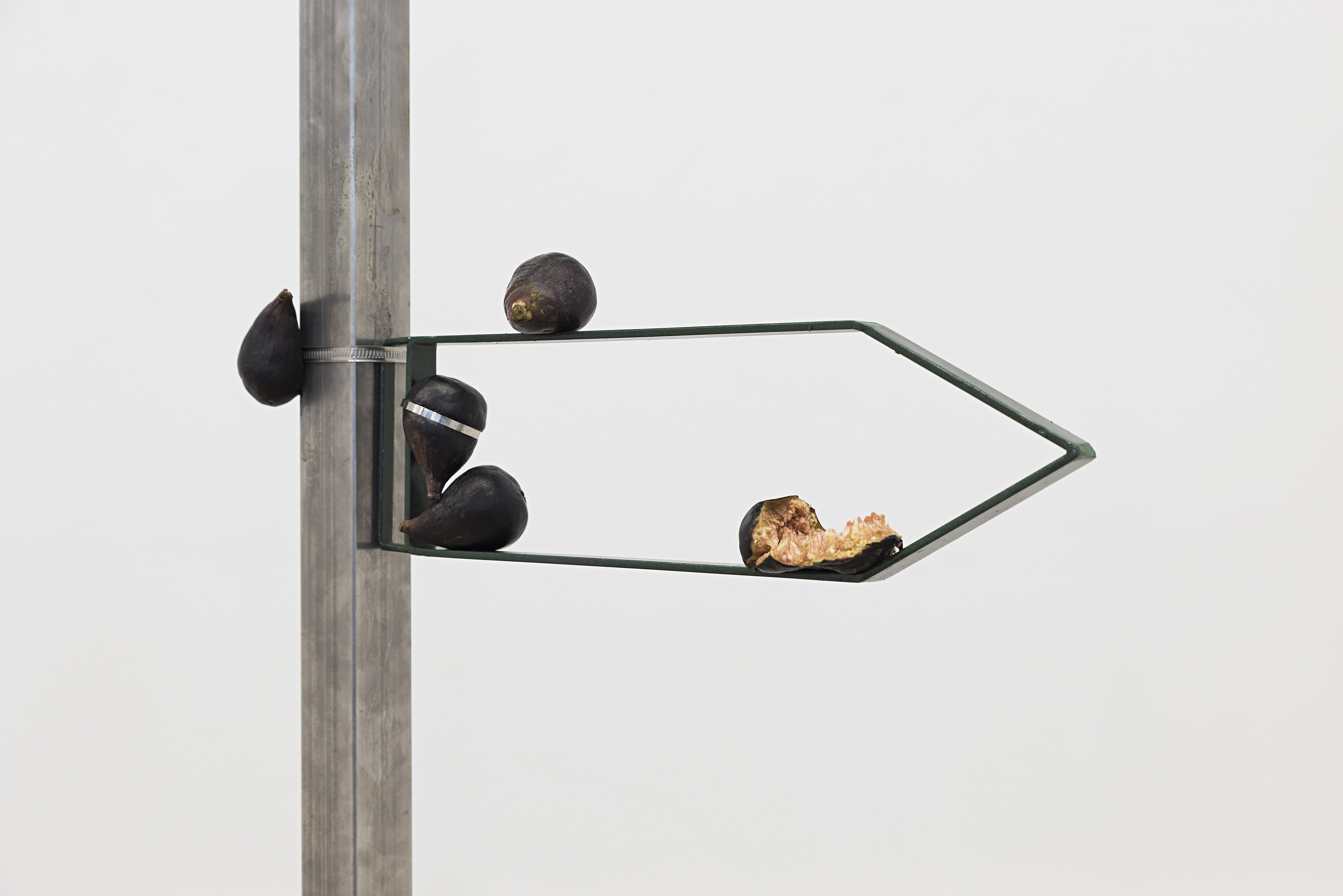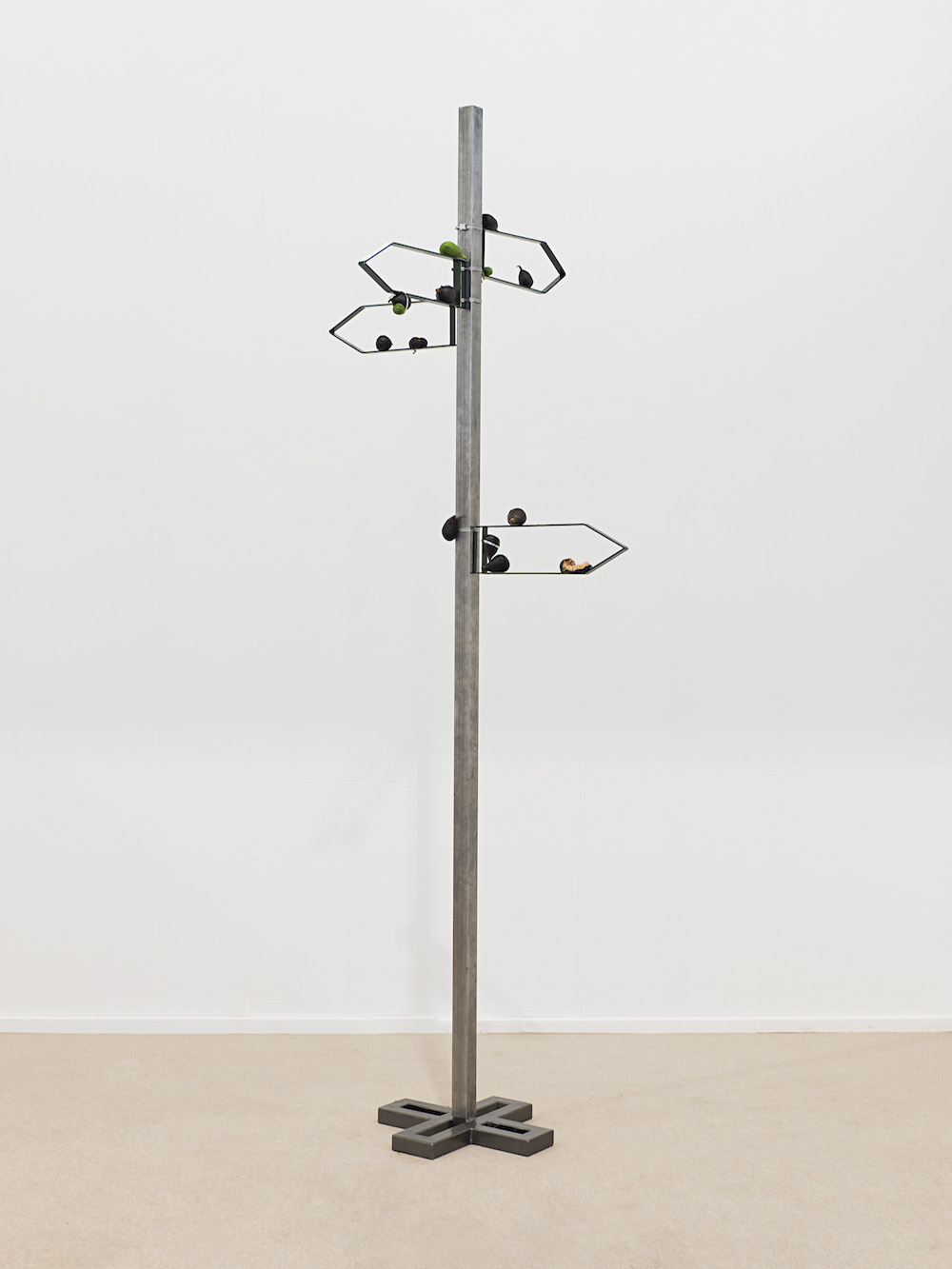When visiting the Real Madrid website, one is introduced to their work through a background video of adolescents hanging out on a beach, and a still image of a white flower layered onto the video. Black text in the top left corner of the page provides another gateway to experiencing their work. Welcome to their world of ambiguity.
Founded in 2015 by Bianca Benenti Oriol and Marco Pezzotta, and currently based in Switzerland, Real Madrid’s focus is on collective conditions, sexual development, and their emotionalities. The name plays on that of the Spanish football team, and this choice speaks directly to ideas around branding, authorship and the insurrection of subjugated knowledges or ways of existing. Perhaps one day someone will be searching online for images of a soccer team and among the results will be queer art.

In an interview, the duo explained to me that their choice to work together came out of casual collaboration. After taking part in an exhibition together in Italy, and feeling how they were able to sync organically, they took on the collective name.
“With our identity, we question authorship by claiming our status as an imitation of an overpriced brand, basing our practice where politics crash with intimacy. The spectacle of sport is often connected with nationalism by media systems, extending a symbolic competition between nations. The interest in miscommunication led to a name that makes it problematic to spread and track images of the work on any search engine,” they state in a text introducing their work.

Glass, wood, silver wool, ink, bicycles, and fruit. Their chosen mediums vary, with the selection inserting an additional layer of the work to peel open. There is a sense of ambiguity in some of their work, and this empowers viewers to be active in their engagement with Real Madrid’s art.
Earlier this year the duo spent a month in Johannesburg, interacting with the Gay and Lesbian Archive (GALA). The process of sifting through the research becomes a form of art in itself, searching for the personal, the emotional and entry points of empathy, tying into the fact that their work is mostly narrative-based. Reflecting on their interaction with the archive, they mention that, “You try to create empathy with the document, which is a very important tool for research.”

They spent most of their time inside the Cooper-Sparks Queer Community Library and Resource Centre, which was started over 25 years ago in a community member’s closet. Back then only those who knew about it were able to access it. In their word, the history behind the library brings to the fore questions around what the political aspects are of shifting between a public and a private context, making GALA an archive that transcends these classifications.
They also expressed that there is a kind of familiarity when traveling to big cities, even though the languages, experiences and, references are different. It could be a kind of familiarity that comes from a sense of being people who live within an urban space and could act as a contributor to their desire to visit the gallery at GALA. Therein recognizing that certain sensibilities or outlooks may be influenced by where a person is from, but there is some sort of overlap in stories. Familiarity in thinking through and possibly struggling to untangle signifiers for femininity and masculinity, and the forced division between these. There is also finding ways of thinking about the emotionality of sexual development, and what it means to be a sexual being.
To keep up with Real Madrid’s work follow them on Instagram or check out their website.





